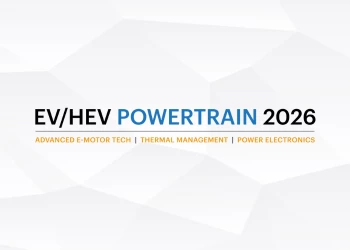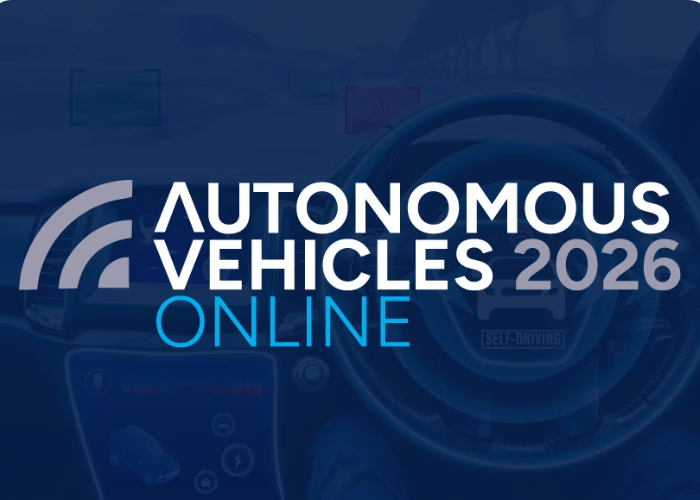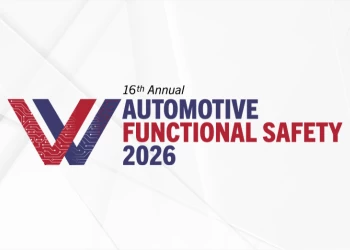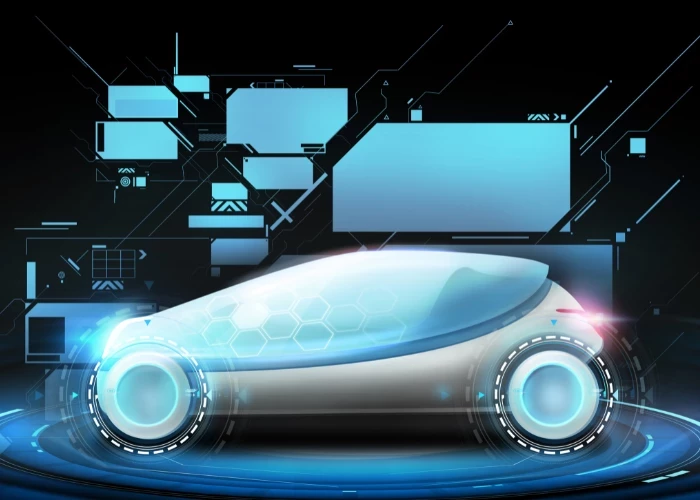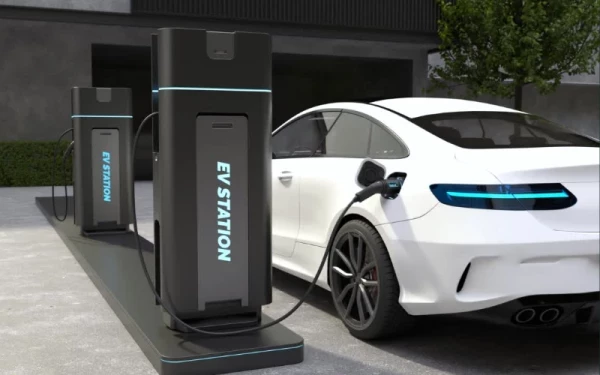Audi on Future Trends in Battery Electronics
Add bookmarkAutomotive IQ sat down with Mr. Thömmes, Head of Development Software Functions and Electronics for HV-Batteries at AUDI AG and discussed the new electronic architectures for high voltage battery systems and challenges in meeting market requirements and customer expectations and how to overcome them.
What do you think will be the future trends in battery electronics?
In the future we will see more intelligent solutions based on electronics and semiconductor devices and less electromechanical parts as relays or conventional fuses. Wireless communication could be ready almost 2025 for internal battery communication. We will see a modularization of electronics and a standardization of functions e.g. current, voltage and isolation measurement.
Today, what are the biggest issues fast battery charging is facing?The biggest issue is the charging infrastructure. We need much more charging stations in the future to enable e-mobility for everyone.
In your opinion, are solid-state batteries the way to go for fast charging? Why/ why not?
We definitely need a new technology from 2025 and that seems to be solid-state batteries at the moment.
What improvements are needed in the BMS in order to handle energy demand efficiently?
We need a new electronic architecture and intelligent algorithms especially for the thermal management of battery systems.
How far is the market to achieve a fully electrified vehicle? Will it be a reality by 2020?
Yes definitely. We will see the first electrified vehicles with sufficient range for our customers end of 2018 with the introduction of our Audi e-tron. I had the possibility for a test drive with the e-tron – it’s amazing.
Adding new automated functions in the car, going through full electrification of the powertrain, or using 48V technology for hybrids have added some extra stress factors for car makers to have an optimized energy distribution through out the vehicle. Are current battery management system solutions able to fully manage this? Or should we expect more upgrades and news in the coming years?
Intelligent software functions will increase rapidly and therefore we need more computing power in our cars. New electronic architectures will have high performance computers and there will be a direct link to backend computers outside the car. Over the air update will be the standard in the future.

